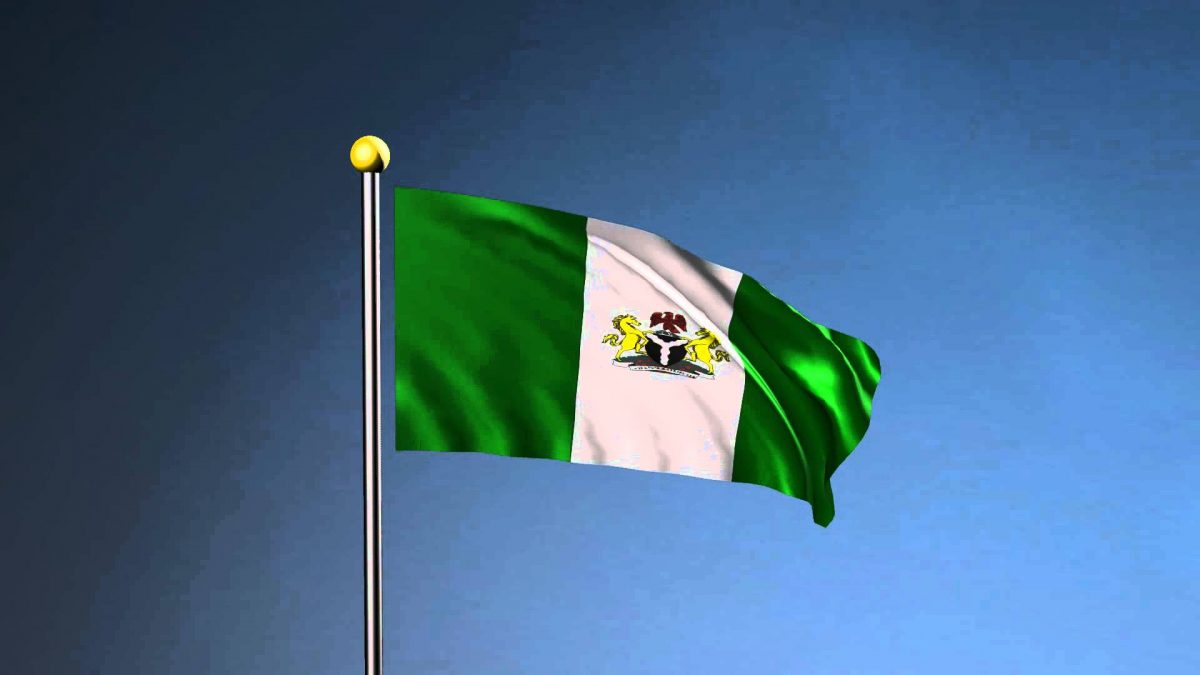As the world rapidly evolves, nations are increasingly compelled to safeguard their national interests amidst shifting global dynamics. For Nigeria, a country with a storied history of leadership on the African continent, adapting to these new realities is not optional but essential.
The administration of President Bola Tinubu has sought to redefine Nigeria’s foreign policy framework under the banner of the “Renewed Hope” agenda – a bold, albeit ambitious, initiative. Minister of Foreign Affairs Yusuf Tuggar, unveiling these objectives on December 11, 2023, described them as being anchored on the “4D” Foreign Policy pillars: Democracy, Development, Demography, and Diaspora. This vision aims to reposition Nigeria for contemporary challenges and to ensure the nation benefits from global engagements.
Since Nigeria gained independence in 1960, its foreign policy objectives have remained largely unchanged. Africa has always been the centerpiece of Nigeria’s foreign policy, which the nation has pursued with vigor—from supporting the continent’s liberation from colonial rule to addressing modern challenges. Nigeria played a significant role in the liberation struggles across Africa, including aiding South Africa’s fight against apartheid.
Furthermore, Nigeria’s contributions to global peacekeeping efforts are arguably unmatched, underscoring its commitment to promoting international peace and stability. Its foreign policy has traditionally aimed to promote and protect Nigeria’s national interests while supporting African integration and unity.
The introduction of the “4D” agenda, therefore, represents a timely evolution, offering an opportunity to strengthen international cooperation, consolidate universal peace, and boost Nigeria’s global standing. However, its success will depend on effective implementation.
It is worth noting that Nigeria engaged in numerous diplomatic activities last year, including signing significant agreements with the People’s Republic of China. Chinese Foreign Minister Wang Yi visited Abuja to reaffirm commitments made during the Forum on China-Africa Cooperation (FOCAC) in 2024, which saw the signing of 10 key agreements. Similarly, Indian Prime Minister Narendra Modi visited Nigeria, expressing his country’s interest in investing in critical sectors such as agriculture, food security, ICT, and defence.
President Tinubu also undertook diplomatic tours, attending the G20 meeting in Brazil and visiting France and South Africa, among others. These engagements were aimed at strengthening Nigeria’s global profile and securing tangible benefits for the country.
While these diplomatic tours were commendable, they must translate into meaningful foreign investment and tangible benefits for Nigerians.
Currently, this is far from reality. The Tinubu administration must take strategic steps to ensure that Nigerian foreign policy prioritises the nation’s interests and protects its citizens abroad. That is the essence of the “4D” policy.
Nigeria’s declining influence on the global stage can be attributed to years of economic mismanagement, which have forced many of its citizens to seek better opportunities abroad, often under difficult and humiliating circumstances. To reverse this trend, the Tinubu government must urgently revive the economy to lift millions out of poverty.
This can be achieved by attracting investments from countries such as India, China, South Africa, and France, particularly in sectors like mining, agriculture, and ICT, which hold immense potential. Nigeria must also focus on developing regional value chains, such as creating agricultural commodity markets that connect surplus producers with net importers, thereby reducing dependency and expanding markets for Nigerian products.
For Nigeria’s foreign policy to be effective, it must first address the needs of its citizens. Successive administrations have struggled to leverage international partnerships to create jobs, attract investment, and alleviate poverty. The statistics are grim: between 2023 and 2024, 63% of Nigerians —approximately 133.3 million people — lived in multidimensional poverty, according to the National Bureau of Statistics (NBA). Youth unemployment remains a critical issue, while inflation reached 34.6% by the end of 2024, with food inflation climbing even higher.
The Economic Report on Africa (ERA 2023) underscores the urgency of addressing Nigeria’s economic challenges. It identifies three critical gaps — skills, infrastructure, and institutional quality — that must be bridged to lay a solid foundation for growth.
We believe this is the right approach. The Tinubu administration must articulate well-designed national development plans, foster good governance, and implement structural reforms across all critical sectors.
As Nigeria confronts economic headwinds and a growing sense of disillusionment among its citizens, the Tinubu administration must rise to the occasion. A foreign policy that attracts investment, creates jobs, and tackles the root causes of poverty will ultimately define its success. Anything less risks leaving Nigeria stranded at the crossroads between its potential and stagnation.
